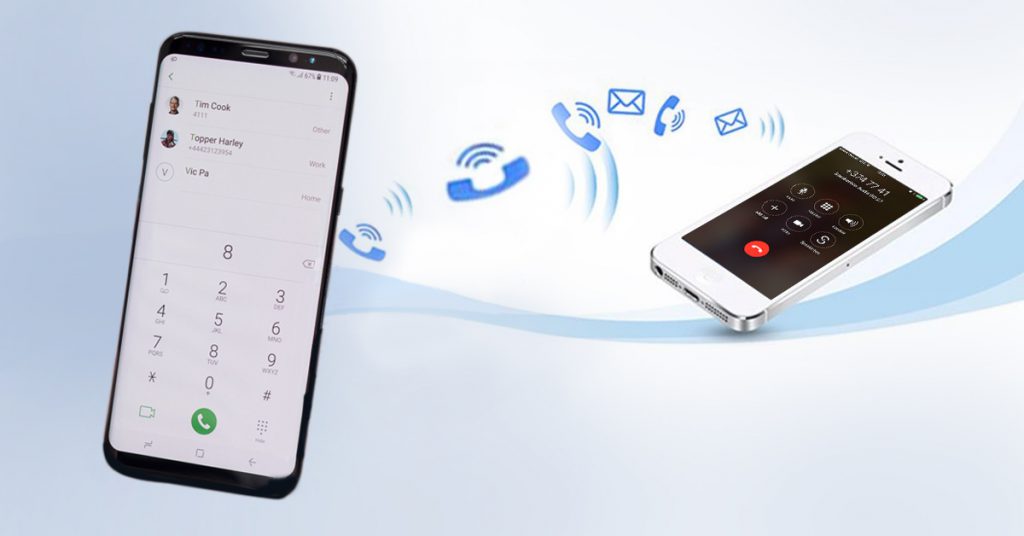
The dramatic enhancement of Mobile phones and Internet Services has resulted in a rapid increase in subscribers. User behaviour and Internet usage pattern have changed a lot during the last 5 years. Today, people are very much engaged with different social media like Facebook, Twitter, Instagram and other streaming media round the clock.
Mobile Data usage has reached a new height because of bandwidth-hungry apps and streaming applications. But contrary to that, the Mobile Operator’s network infrastructure has remained stagnant as it is very expensive.
According to the research by Cisco regarding their Visual Networking Index (VNI), global mobile data traffic is expected to grow from 3.7EB (1 Exabyte = 1 million Terabytes) today, to 30.6EB in 2020, at a compounded annual growth rate of 53%.
Mobile Data Offloading
To address this ravenous demand for mobile data, mobile network operators need ample time to develop their new cellular network which is also very expensive. Therefore, they are turning to solutions like Mobile Data Offloading. This enables them to deliver the best mobile experience possible along with dropping stress on their networks.
Because of the explosion of Internet data traffic especially in metro areas in peak hours, network congestion takes place. This, in turn, causes connection slowdown. To ease this congestion in the network, the Operator shifts a major part of data traffic to Wi-Fi. This is referred to as Mobile Data Offloading or 3G data offloading or just Offloading.
How does Offload GSM work?
So, how does the Mobile Data offloading work? It works seamlessly and so quickly that users even don’t notice. To create the best user experience, providers of Wi-Fi services try to deliver secure and automatic authentication as possible.
For some cases, users may need to go through authentication processes for the first time. But at times nothing is required as the operator authenticates by SIM information. Thereafter, the Network/Services remember the user for further future usages.
Services for Data Offloading
Different types of services can be used for Data Offloading like Wi-Fi services and Femtocell. Femtocell is a small, low-power cellular Base Station (BS). Its design is suitable for usage in a home or small business. This is also called Femto Access Point (AP).
The radical growth of SMS traffic is also a concern for the MNO which turning them to an IP-based solution like other Data. This solution will enable Operators to divert SMS messages selectively to an IP-based overlay networks.
There are two aspects that require attention while using the services:
- Data Security
- When to select a Wireless Provider
Data security is the main concern. While the second aspect, when to select the wireless provider selection is a key consideration for the provider, despite the fact, that, there are various models already available and proposed.
Some estimations show that Wi-Fi networks will carry up to 60% of smartphone and tablet data traffic by 2019, and North America and Western Europe will account for more than half of the global mobile data being offloaded in 2019 (Juniper).
The Usefulness of Mobile Data Offloading
Mobile Data Offloading not only reduces the cost for the providers but also for the end-users as well. Moreover, it facilitates the flexibility of the Operator code. This, in turn, allows the addition of more bandwidth where it is necessary like in the metro area, the university campus, railway stations etc. in a very short time. Operators further have the flexibility to add a constantly increasing number of Wi-Fi providers to their network.
In a nutshell, it is predicted that mobile data offloading is going to be a new industry segment due to the surge in mobile data traffic.
Editor: Mir Monsoor Hussain




























